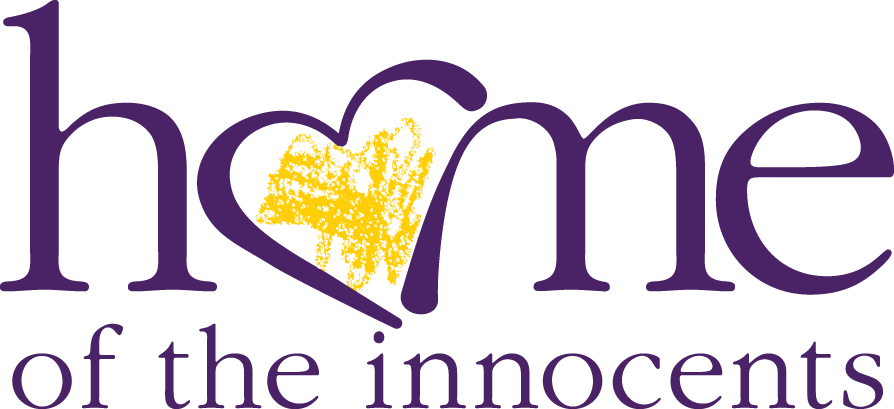Better Hearing and Speech Month
Shelley Moats, AuD, PASC, Director of Audiology, Open Arms Children's Health

Earlier this month, you may have seen our President & CEO on WDRB giving his point of view for Better Hearing and Speech Month. This month has been the perfect opportunity to celebrate the gift of communication! Communication connects people in powerful ways. For children with hearing loss, they may miss out on opportunities for this special connection without early, high-quality evaluation and treatment services.
Did you know…
- 3/1000 children are born with permanent hearing loss, making it the most common of all conditions that are evaluated at birth. Over 90% of children with hearing loss are born to two parents with normal hearing and no apparent family history of hearing loss in childhood.
- Without evaluation and treatment, children with mild to moderate hearing loss may achieve one to four grade levels lower in school than their peers with normal hearing.
- Nearly 17% of children ages 12-19 in the United States have had a change in hearing due to recreational noise exposure such as playing with noisy toys, playing musical instruments, attending concerns, or performing yard work without appropriate hearing protection. The use of personal listening devices with earbuds has also become a significant issue.
What are some possible signs of hearing loss in childhood?
- Infants that do not pass the newborn hearing screening
- Infants who do not begin to respond to their name by 6 months of age
- Infants who do not startle to loud noises that occur close by
- Infants who do not begin to produce varied babble and nonsense sounds (such as “raspberries”), or who do not begin to engage in vocal turn-taking, between 7-10 months of age
- A reduction in babbling and vocal play around one year of age
- Chronic ear infections
- Toddlers over 18 months old who produce few words, or who cannot follow simple one-step commands
- Children who are 2 years old and do not have an expressive vocabulary of at least 50 words
- Children 2-3 years or older who cannot be easily understood by someone other than a close caregiver
- Consistently omitting certain speech sounds such as ss, sh, t, or k
- Saying “what?” when spoken to
- Preferred listening levels for TV or music at a high volume
- For older children and teenagers, complaints of decreased hearing, tinnitus (ringing in the ears), or dizziness; especially following exposure to loud levels of noise
It is never too early to evaluate a child’s hearing; in fact, it is possible to do so in the first weeks of life. Pediatric audiologists have many tools available to evaluate hearing in children, even those who are very young, have developmental delays, or those who may be considered difficult to test. Some evaluations do not require your young child’s active participation to obtain information about his or her hearing status.
For Better Hearing and Speech Month, give your child the gift of good hearing. Educate yourself on the signs of hearing loss in children, and contact a pediatric audiologist if you have concerns.
In Louisville, call Little Ears Hearing Center at Open Arms Children’s Health at 502.596.1040, option 2 or visit our website.
Outside of Louisville, look for an audiologist who holds the Pediatric Audiology Specialty Certification (PASC) from the American Board of Audiology by visiting their website.
